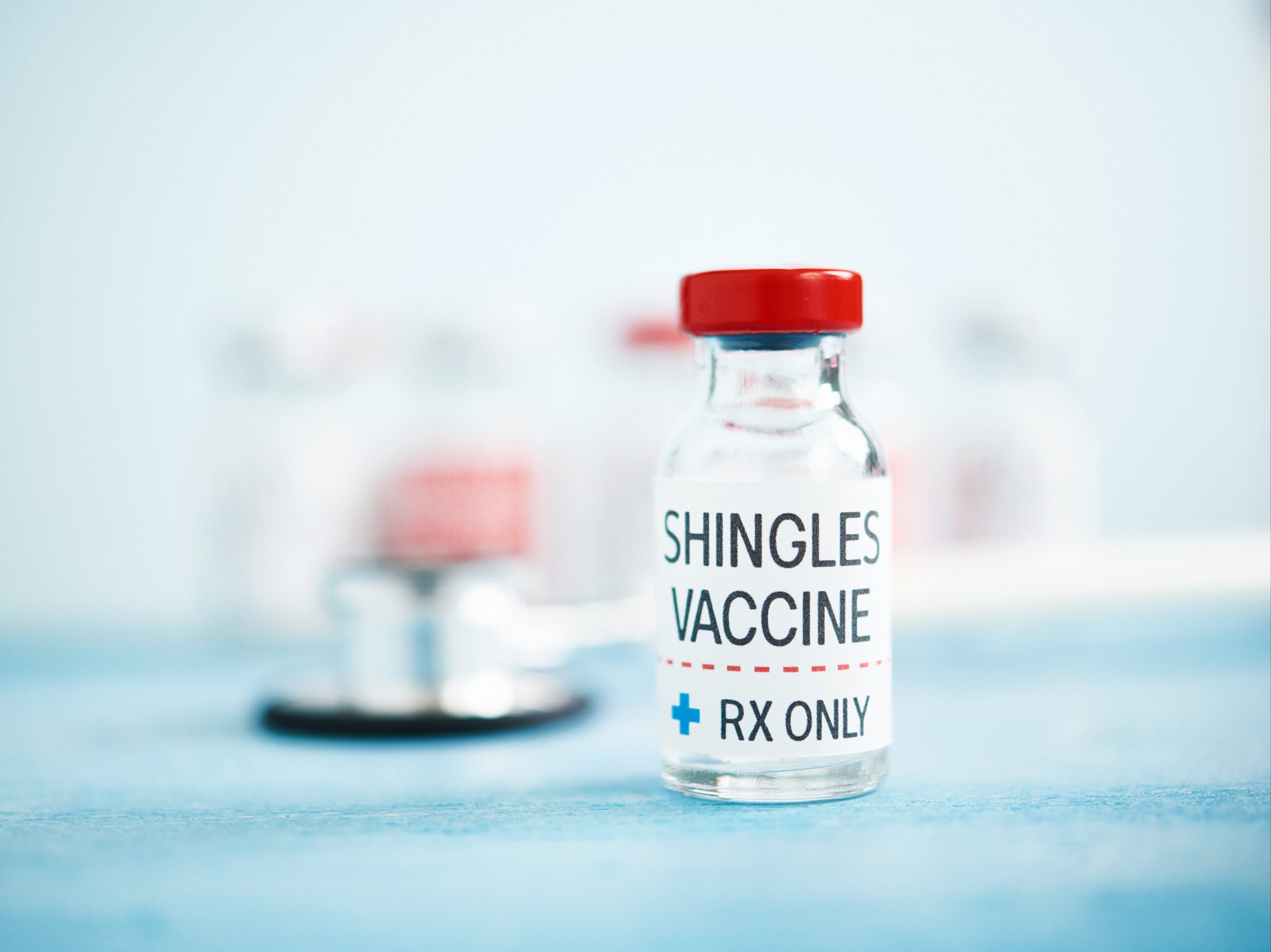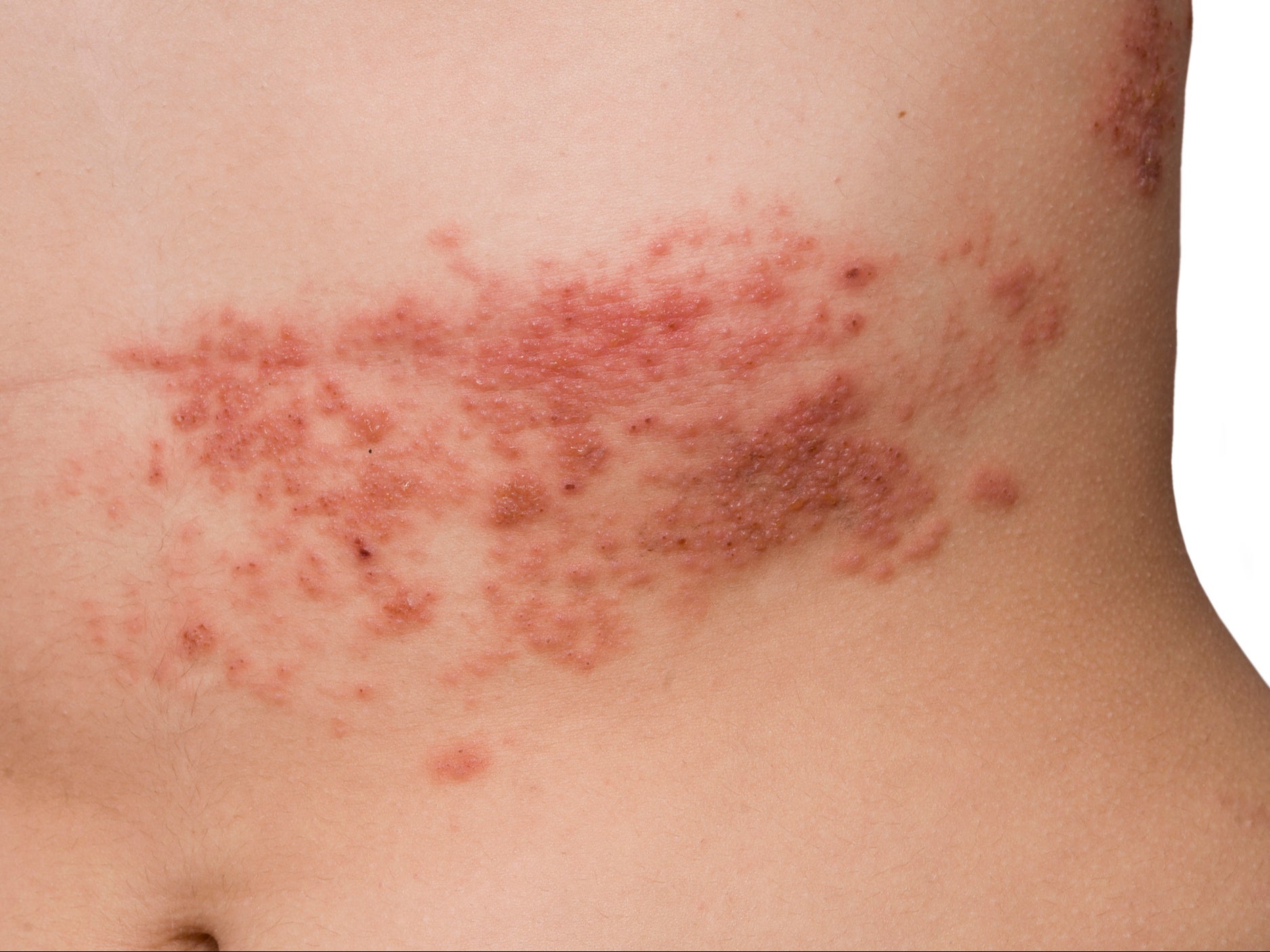The shingles vaccine could lower the risk of heart attack and stroke by almost a fifth, according to the first global study of its kind.
Researchers reviewed the evidence between the herpes zoster vaccination – used to prevent shingles – and heart problems.
Results showed having the shingles jab was associated with an 18 per cent lower risk of stroke or heart attack in adults aged 18 and above. There was a 16 per cent reduction in the risk of cardiovascular events in adults aged 50 or older.
The data is set to be presented to cardiologists this weekend at the annual meeting of the European Society of Cardiology in Madrid.

Study author Dr Charles Williams, global associate medical director for vaccines at GSK, said: “We looked at the currently available evidence, and found that in this analysis, vaccination against herpes zoster was associated with a lower risk of cardiovascular events, such as heart attacks or strokes.
“Further research studies are now needed to find out whether this association can be attributed to an effect of herpes zoster vaccination.”
Shingles is a common illness that is caused by the chickenpox virus. The infection can cause a painful rash and can lead to serious complications, including sight loss, hearing problems and scarring.
Vaccines are available on the NHS but only to those over the age of 65 or aged 70 to 79 who have not been vaccinated, and those over 50 with a severely weakened immune system.
The systematic review was conducted using three scientific literature databases, and a meta-analysis was conducted using phase 3 randomised controlled trials and observational studies looking at the effects of the vaccine on cardiovascular events.

“While our findings are encouraging, there are some limitations to the available data that we studied,” Dr Williams explained.
“Almost all the evidence came from observational studies, which are prone to bias and shouldn’t be used to infer causality.
“All the studies used in the meta-analysis aimed primarily to investigate the use of herpes zoster vaccine to prevent shingles in the general population, which may limit the ability to generalise this research to people with a higher risk of cardiovascular events. This demonstrates the need for more research in this area.”
The NHS announced this week that 300,000 more people will become eligible for the shingles vaccine from 1 September. Those aged 18 to 49 who have a severely weakened immune system will be offered the jab.
Vaccination has increasingly been seen as an effective measure for the prevention of cardiovascular disease, including heart attacks and stroke.
A previous study of more than a million people published in the European Heart Journal earlier this year found people who are given a vaccine for shingles have a 23 per cent lower risk of cardiovascular events, including stroke, heart failure, and coronary heart disease.
